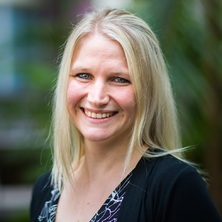Does shared group membership increase social risk-taking? (2016-2018)
Abstract
Replying to a fraudulent email, investing in a pyramid scheme, or having unprotected sex. Why do such behaviours persist, when people know that they are dangerous? This project proposes that people evaluate risk by using shared group membership as a psychological proxy for ¿¿¿safe¿¿¿. It is proposed that people may be less likely to see other people as a source of potential harm when they are from the same social group. In this way, risk-taking behaviour can be understood not as individuals acting without thought, but as a socially mediated ¿¿¿ and psychologically meaningful ¿¿¿ process. This project will develop a social identity model of social risk-taking that will inform the development of more effective public safety communications.

